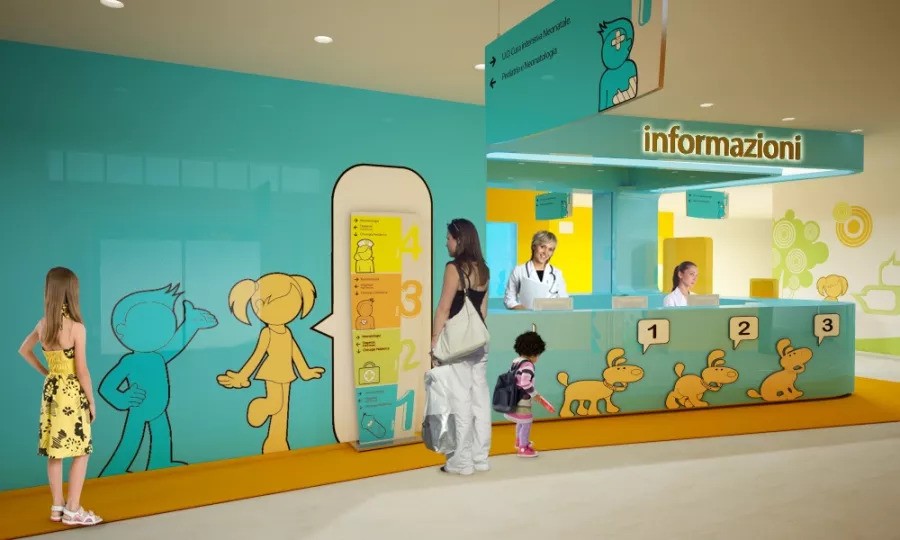In the realm of healthcare, the treatment and care of children require a delicate balance of expertise, compassion, and innovation. Pediatric healthcare providers face unique challenges in addressing the needs of young patients, from infancy through adolescence. As the field continues to evolve, certain best practices emerge that lead the way in ensuring the well-being of children and adolescents. In this blog post, we’ll explore some of these best practices that are shaping the future of Best Pediatric Hospital In Hyderabad.
- Holistic Approach: Pediatric healthcare goes beyond just treating physical ailments. It encompasses the overall well-being of children, including their emotional, mental, and social health. Adopting a holistic approach means considering all aspects of a child’s life when providing care. This may involve collaborating with psychologists, social workers, educators, and other professionals to address various needs comprehensively.
- Family-Centered Care: Recognizing the importance of family involvement is fundamental in pediatric healthcare. Parents and caregivers play a crucial role in their child’s health journey, and involving them in decision-making and care planning leads to better outcomes. Healthcare providers should strive to create partnerships with families, fostering open communication and mutual respect.
- Preventive Care and Education: Prevention is key to promoting lifelong health. Pediatricians focus not only on treating illnesses but also on preventing them through immunizations, regular check-ups, and health education. Empowering families with knowledge about nutrition, safety, and healthy habits equips them to make informed choices for their children’s well-being.
- Developmentally Appropriate Care: Children of different ages have unique healthcare needs, which must be addressed with sensitivity and understanding. Pediatric healthcare providers tailor their approach to match the developmental stage of each child, ensuring that medical interventions and communication strategies are age-appropriate.
- Cultural Competence: Cultural diversity is inherent in pediatric populations, and healthcare providers must be culturally competent to effectively serve diverse communities. Understanding and respecting cultural beliefs, practices, and traditions are essential for building trust and delivering culturally sensitive care.
- Innovation and Technology: Advances in medical technology continue to revolutionize pediatric healthcare. From telemedicine for remote consultations to wearable devices for monitoring health metrics, innovative tools enhance access to care and improve outcomes for young patients.
- Interdisciplinary Collaboration: Complex pediatric cases often require collaboration among various medical specialties. Team-based care involving pediatricians, specialists, nurses, therapists, and other healthcare professionals ensures comprehensive evaluation and treatment, especially for children with chronic or complex conditions.
- Emotional Support and Mental Health Services: Children and adolescents face a range of emotional and mental health challenges, from anxiety and depression to behavioral disorders. Integrating mental health services into pediatric care settings helps address these issues early and promotes emotional well-being.
- Advocacy for Children’s Rights: Pediatric healthcare providers serve as advocates for children, promoting policies and initiatives that safeguard their rights to health, safety, and well-being. This advocacy extends beyond the clinic walls to community engagement and public health efforts.
- Continuous Quality Improvement: Pediatric healthcare organizations prioritize continuous quality improvement to enhance the safety, effectiveness, and efficiency of care delivery. Regular performance monitoring, feedback mechanisms, and adherence to evidence-based practices drive ongoing improvements in pediatric healthcare.
In conclusion, best practices in pediatric healthcare encompass a comprehensive and compassionate approach that prioritizes the unique needs of children and adolescents. By embracing innovation, collaboration, and a commitment to excellence, pediatric healthcare providers can lead the way in ensuring the health and well-being of future generations.



